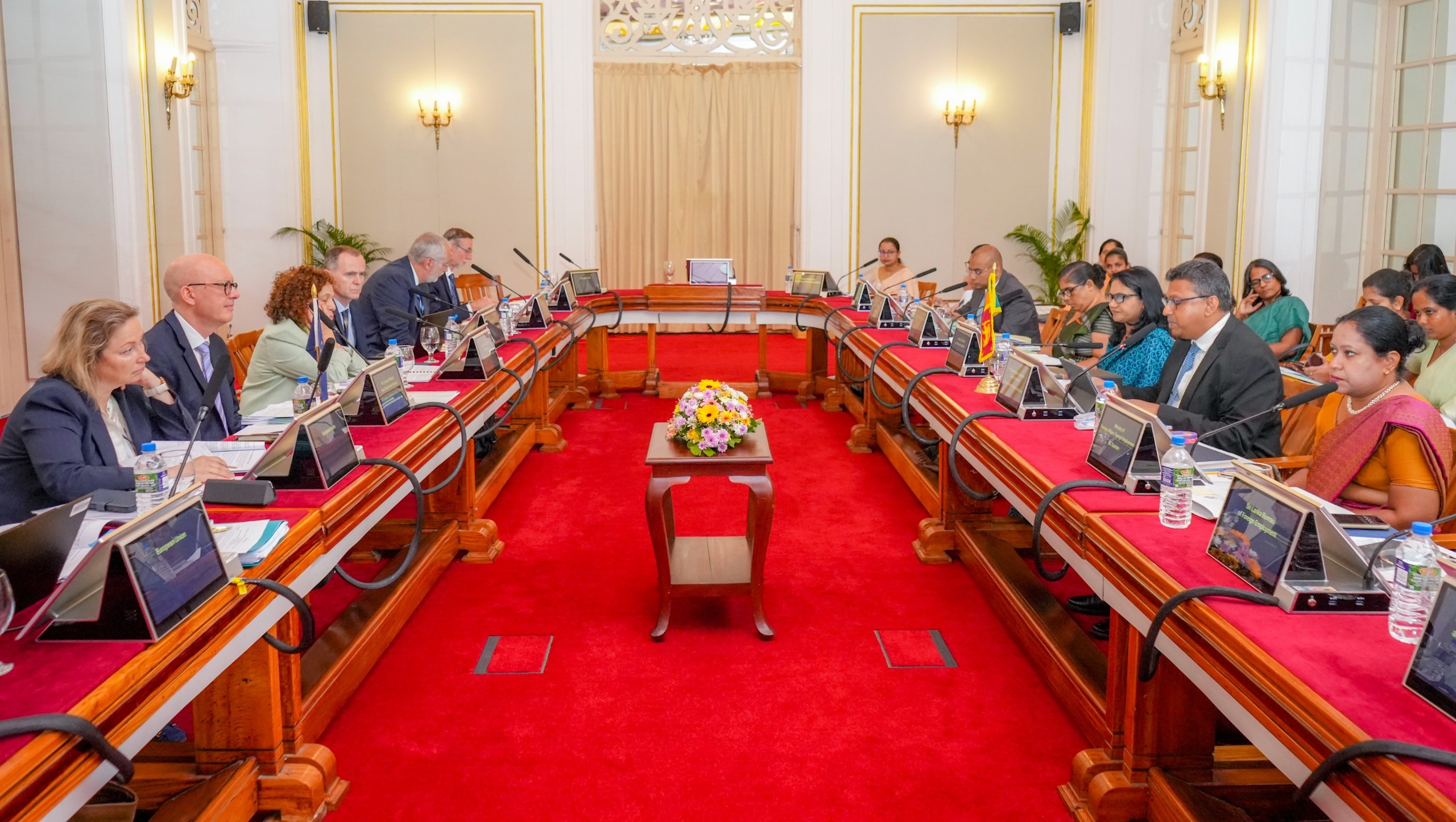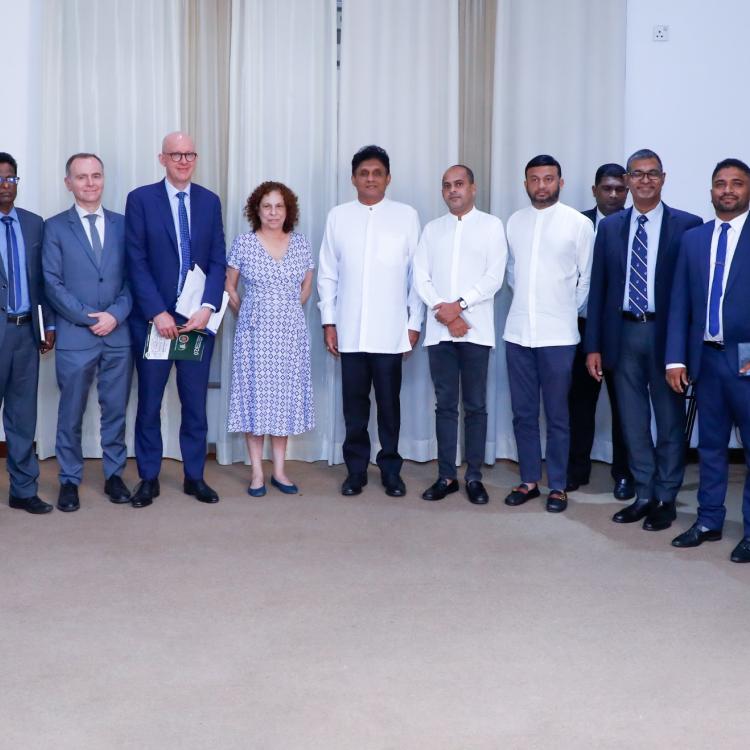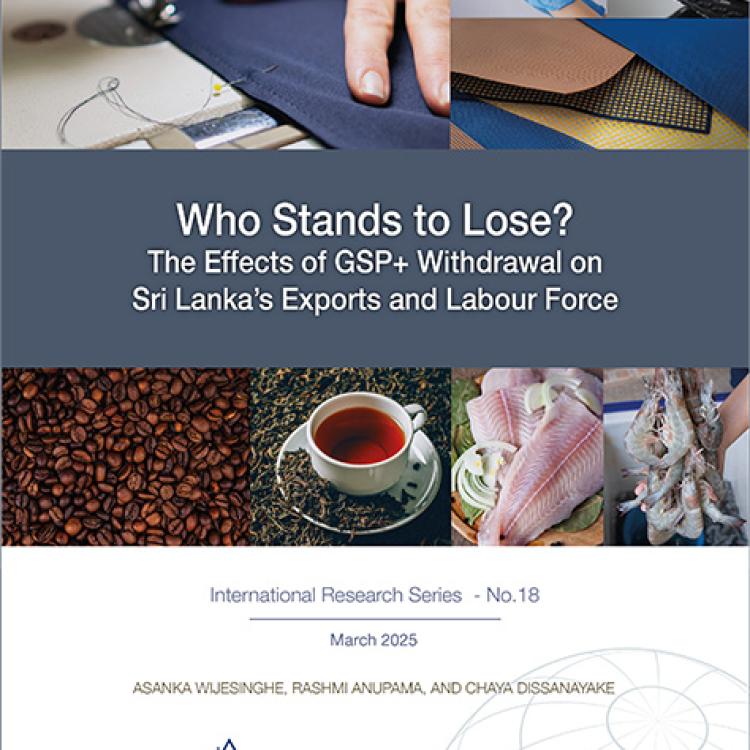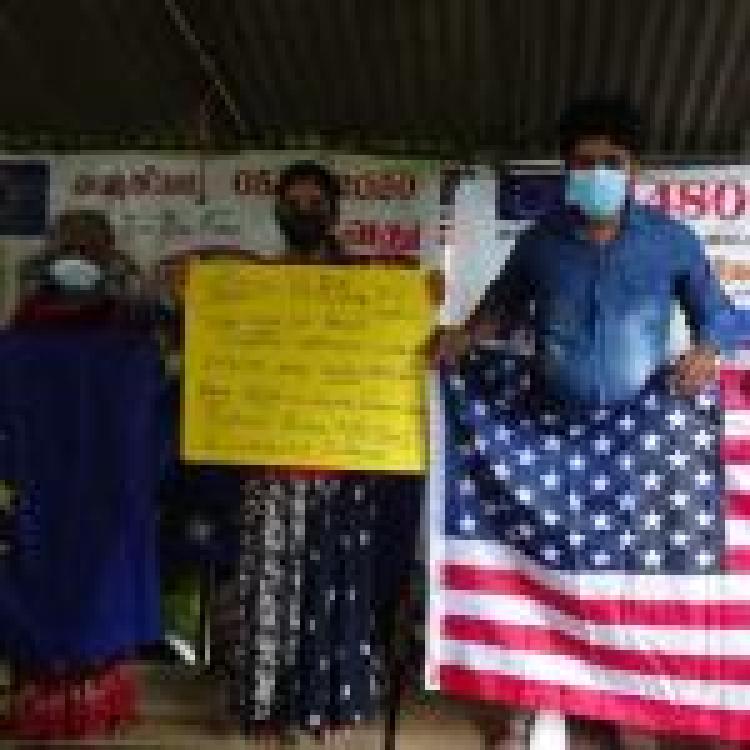
Sri Lanka claimed it is committed to repealing the controversial Prevention of Terrorism Act (PTA), during the latest round of human rights discussions with the European Union, a move tied to its continued access to preferential trade benefits under the GSP+ scheme.
At the eighth meeting of the Working Group on Governance, Rule of Law and Human Rights under the EU-Sri Lanka Joint Commission, held in Colombo on 5 May, Sri Lankan representatives “confirmed the commitment to repeal the Prevention of Terrorism Act (PTA), and briefed the Working Group on the timeline to replace it with new counter-terrorism legislation in compliance with international norms and standards.”
The PTA has long drawn criticism from Tamil civil society, rights organisations, and international observers. The law has enabled arbitrary detention and torture for decades, particularly against Tamils. Despite repeated pledges by successive governments, no comprehensive repeal has yet materialised.
Though the National People's Power (NPP)-backed government has stated its commitment to repeal the PTA during election campaigns last year, once in power it has not yet taken legislative action to do so.
In a joint statement issued after the meeting, the European Union reiterated its stance, stressing “the need to bring relevant legislation in line with international Human Rights and ILO conventions to ensure continued access to the European market through the GSP+ trade preferences.”
Discussions at the meeting covered a wide range of issues including “efforts to combatting corruption, upholding human rights including labour rights; rights of persons belonging to minorities; women’s rights; child rights; a conducive space for civil society; strengthening electoral processes; and preventing discrimination based on gender and sexual orientation”.
The European Union “welcomed the commitment of the Government to end discrimination and build national unity, as well as the pledge to strengthen the truth and reconciliation framework in Sri Lanka, through an inclusive and participative process of all communities.”
“The EU and Sri Lanka reiterated their commitment to continue to work in the multilateral UN framework and continue their engagement with the Office of the High Commissioner for Human Rights and the Human Rights Council,” the statement said.
The Working Group also “reaffirmed their shared commitment to continuing to support a multilateral, rules-based international order grounded in international law, with the United Nations at its core.”
The statement comes even as the current Sri Lankan government has repeated its rejection of UN Human Rights Council resolutions on accountability for mass atrocities committed against Tamils.
On governance and rule of law, Sri Lanka highlighted its recent steps, including the adoption of a National Action Plan to Combat Corruption and reforms to strengthen the Commission to Investigate Allegations of Bribery or Corruption (CIABOC). It also briefed the EU on “the steps being taken by the Government since its election to strengthen the democratic process, governance, rule of law and the legal framework for protecting and promoting human rights.”
The conclusions of the Working Group are expected to be presented at the upcoming EU-Sri Lanka Joint Commission meeting scheduled to take place in Colombo later this year.
The Generalised Scheme of Preferences Plus (GSP+) is a vital trade concession worth over $500 million annually that grants Sri Lankan exports, particularly garments, duty-free access to European markets.



